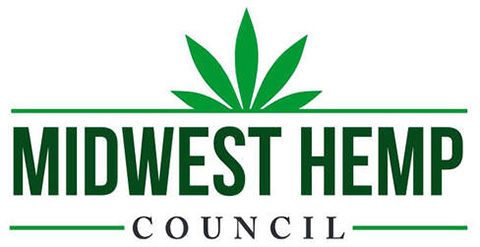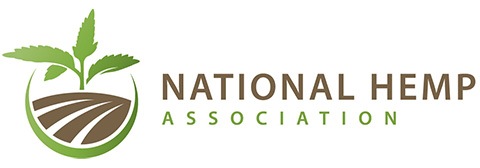
A new set of guidelines, released last month by the U.S. Department of Agriculture (USDA), is being seen by hemp industry analysts as another sign of how the nation’s hemp sector is being integrated into the agricultural mainstream.
The seven-page memo from the USDA’s Farm Service Agency (FSA) is addressed to “state and county offices.” It offers updated guidance, revised from last October, on how lenders can offer direct and guaranteed federal loans to hemp producers. “While it’s understood that this new commodity will likely produce some servicing challenges because of State and Federal regulations, it should be treated as closely as possible to any other agricultural commodity and serviced in the same manner,” says the memo’s opening paragraph.
Some important points from the memo:
- Starting this season, the FSA will be able to consider applications to grow hemp “beyond the provisions of the 2014 pilot program.” Hemp producers must meet specific requirements from the 2018 Farm Bill in order to be approved for a loan. Among those requirements are that hemp producers “be licensed under a State or Tribal plan approved by USDA, or if a producer resides in a State or Tribe that does not have a USDA-approved plan, the producer must be licensed directly by USDA.”
- The FSA must have a copy of the borrower’s current license before approving a direct loan. Cultivators who are approved to produce hemp under the 2014 Farm Bill continue to be eligible for FSA loan servicing assistance.
- States and tribes, or a state’s department of agriculture, will be responsible for ensuring that non-compliant hemp (that is, hemp exceeding acceptable THC levels) is destroyed in accordance with state, tribal, and federal laws. The FSA will not pay for that disposal, and “will not cover a lender’s advance to the borrower to cover the cost as part of any guaranteed loan loss claim.”
- “Hemp will be considered like any other borrower produced commodity, if the hemp was produced under a license authorized by the 2014 or 2018 farm bills, and provided the crop is not abandoned or destroyed.”
Like ‘Any Other Agricultural Commodity’ (Sort Of)
Daniel Mooney, assistant professor of agricultural and resource economics at Colorado State University, has researched costs and production issues in the hemp sector. He said the memo is another signal from the USDA that it intends to treat hemp like any other agricultural commodity, to the extent that it can do so.
The memo “falls in line with other hemp-related USDA provisions around products like crop insurance and shows a desire to harmonize policies and programs so that hemp can be fully integrated into the U.S. commodity landscape,” Mooney wrote in an email to Hemp Benchmarks. “That said, some additional regulatory requirements like registration, acreage reporting, and field sampling will remain and continue to set hemp apart in certain respects for some time.”
As to why such guidelines are now needed for the fledgling hemp industry, Mooney noted the FSA primarily works with new and beginning farmers – those with relatively small operations – and that many hemp growers fit this description. “Hemp growers, like all agricultural producers, need access to capital and credit so that they can cover operating expenses, purchase equipment, or enlarge their operations,” he said. “FSA loans will play a key role in the now-legal industry by making capital and credit available to growers who might not otherwise have access to a conventional lender.”
Long-Term vs. Short-Term
Mooney believes the new FSA guidelines will assist the hemp sector’s financial interests in the long run. “Many hemp growers are primarily producers of other agricultural crops or specialty products,” he pointed out, “and lenders have so far been unable to address capital and credit needs specific to the hemp enterprise. If growers are successful in executing their hemp business plans under FSA financing, it is likely that some conventional lenders who are sitting on the sidelines will begin offering similar services.”
However, the short-term picture for hemp is less clear, according to Mooney. He noted that hemp will continue to be considered a relatively high-risk crop, financially speaking, even with the new FSA and crop insurance rulings.
For example, he stated, “default of a purchase contract by a processor or testing above legal THC limits are not insurable causes of loss under the insurance programs. Sales channels for hemp-based commodities are furthermore just beginning to emerge and the amount of product needed to meet demand is uncertain.”
Hemp also remains a financially-volatile commodity due to some unique issues and challenges.
“A few years ago, additional cultivation may very well have been a bottleneck to further expansion of domestic hemp supply chains,” Mooney continued, “but more recently we likely reached an excess supply with a lot of product sitting in storage. This has resulted in volatile prices for both inputs like seed or specialized equipment and products like hemp flower, seed, or fiber. Then there are other considerations like storage, grading and standards, and import and export possibilities that can also greatly affect markets. These aspects are likely to continue fluctuating for some time as the hemp industry, innovation pipelines, and policy environments mature.”



